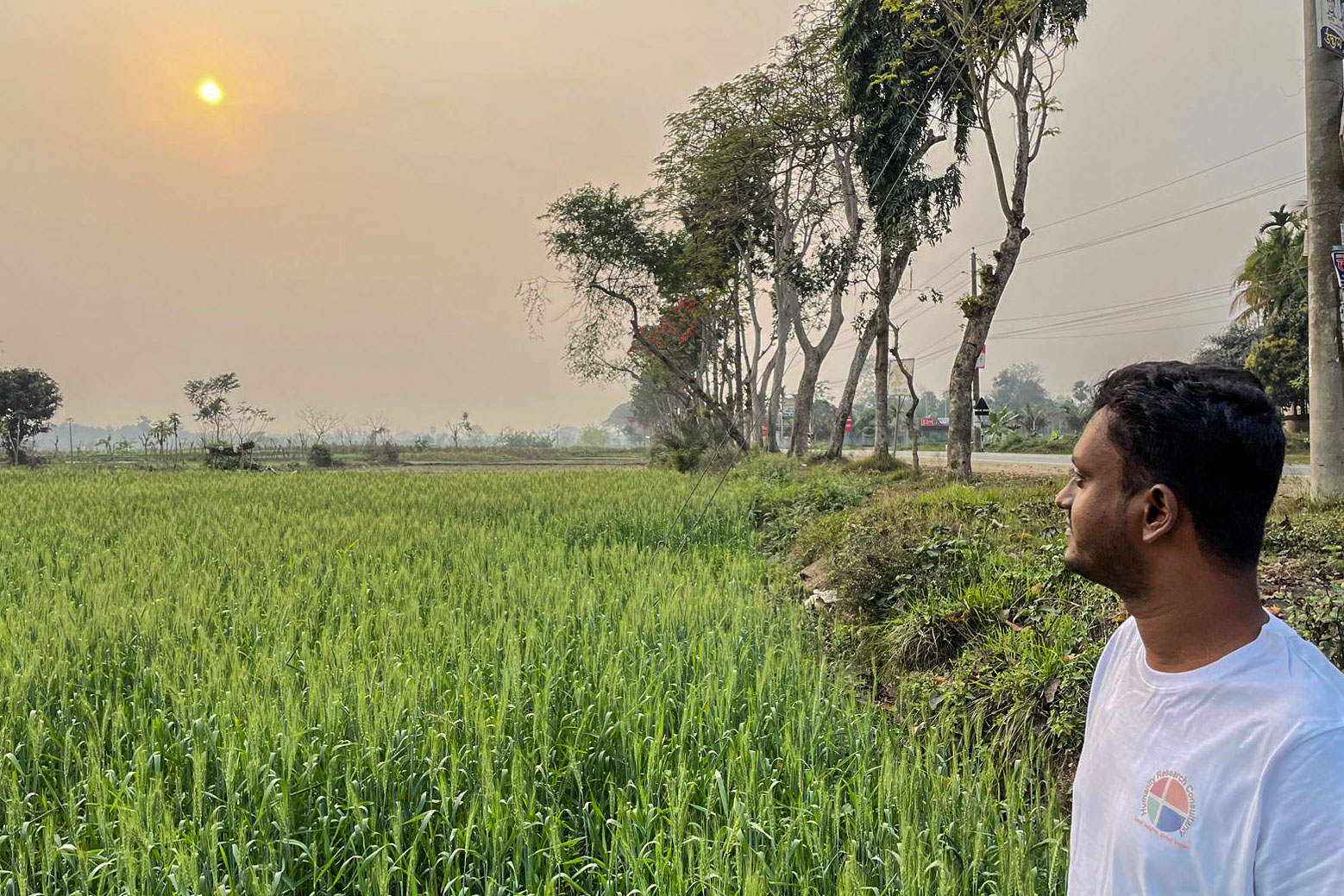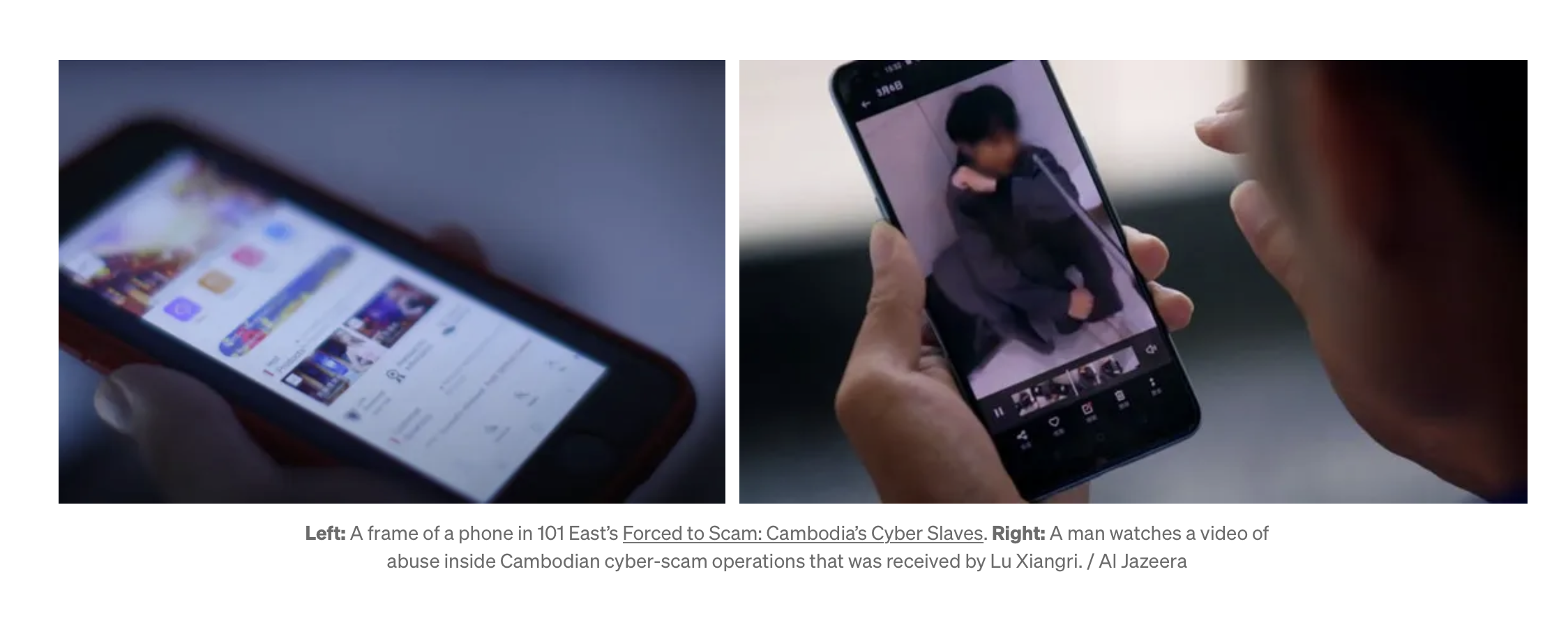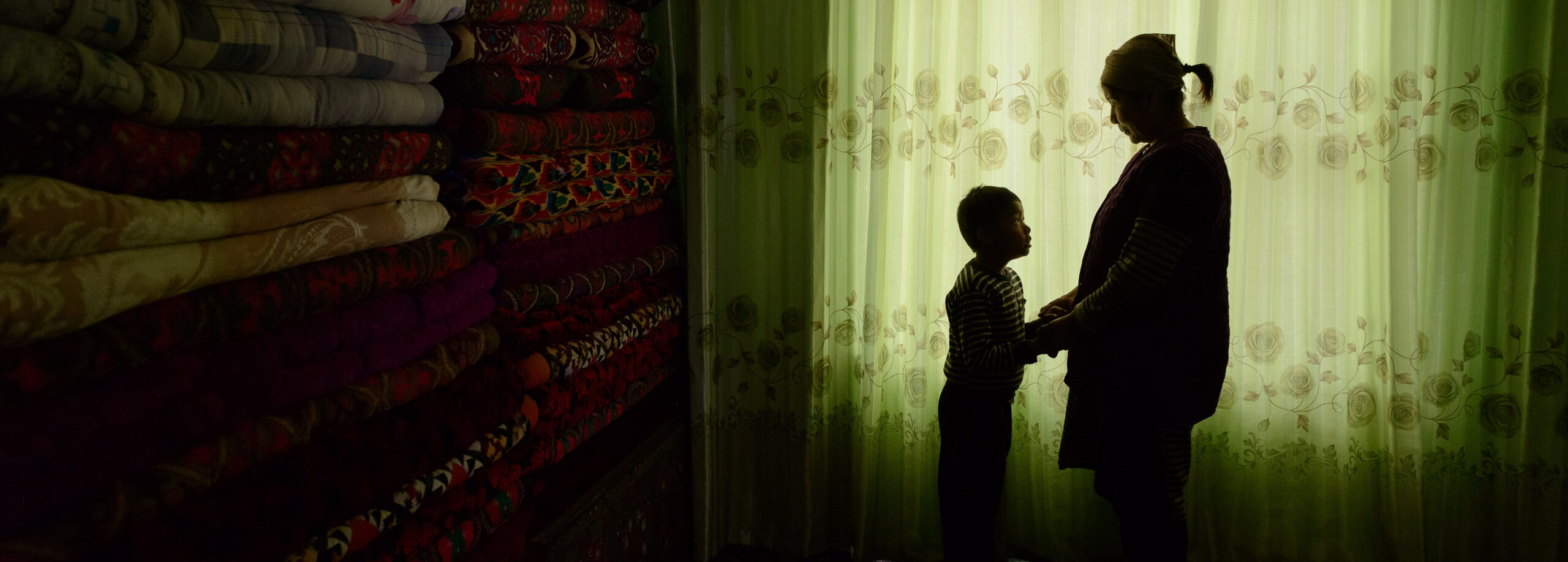
Helping others return home
How a human trafficking survivor is working alongside other survivors to diminish vulnerability to unsafe migration in Bangladesh
Salam, 26, used to work in the textile industry in Bangladesh. However, as the main financial provider for his family of seven, it was hard for them to survive on his salary. So, in 2022, after hearing about a great job opportunity from a friend’s uncle, he pursued the position as a computer operator in a casino in Cambodia — making $1,000 a month versus $200 in Dhaka.
His father then mortgaged his crop land to provide Salam with the $3,000 required by the travel agency for arranging his travel, and to pay for his visa and flight costs.
However, shortly after arriving in Cambodia to start his new position, Salam realized he had been deceived.
From April to September, his legal documents were confiscated by a Chinese National perpetrator and he was forced to work in a scamming compound in the coastal city of Sihanoukville, in southwest Cambodia. All contact with anyone — including his family — was forbidden. Like dozens of others in the compound, a supervisor gave Salam a cellphone and a computer and told him to download social networking accounts such as Twitter, Facebook, and Instagram, as well as peer networks and job classifieds — all with fake English names and photos — and set his location to Canada.
Each day, until the early morning, he was told to befriend and build relationships with people across the United States and Europe, particularly women, to gain their trust and entice them to invest in bitcoin or transfer money.
A New Trend: Cyber Scamming and Forced Criminality
The dark world that Salam was pulled into is run by Chinese-operated transnational criminal networks that employ over 100,000 indentured guest workers, most of whom are from Asia, but also includes victims from the Middle East, Africa, and Latin America. Their job is to lure victims into their fraudulent online investments — the majority of whom are middle income and educated, and have suffered job loss during the COVID-19 pandemic.
A lack of awareness and education on disinformation and digital literacy has created a situation in which unsuspecting individuals don’t cross check job advertisements, which may promise easy money with very little requirements.
These networks grew out of an influx of online gambling groups and casino operators who flocked to Cambodia, a haven of low taxes and lax regulations, after a clampdown in the Philippines. Many victims are recruited through deception and then held against their will to run the illicit online businesses, mainly in Cambodia, Myanmar, Laos, the Philippines, and Malaysia.
Captives are subjected to violence and torture, which Salam witnessed and experienced himself. Sometimes these incidents are filmed and sent to relatives to spur them to send ransoms. Some have even been killed and their deaths reported as suicide, according to workers who have escaped.
Other victims are sold between companies, including Salam — who was sold four times for as much as $10,000 to different companies that operated within the compound.

A New Chapter: Advocating for Survivors
Salam left the compound with the help of the USAID-supported Global Anti-Scam Organization and Humanity Research Consultancy — returning safely to Dhaka in September 2022.
Now, as the survivor empowerment officer at Humanity Research Consultancy — a partner working with USAID’s Asia Counter Trafficking in Persons activity — Salam is supporting other survivors to safely return home and helping them with their reintegration journey.
“I am very excited to work in this role, and it is encouraging to see the impact I am able to make, helping my fellow Bangladeshi victims to return home, whilst also being able to stay in Bangladesh with my family,” said Salam.
Working with survivor advocates such as Salam, USAID is aiming to protect and empower vulnerable labor workers from abuse, discrimination, and exploitation. Given that Asia accounts for more than half of the world’s population — and the majority of detected trafficked persons — this is especially critical as the situation has created a complex, transnational problem requiring cross-border solutions and approaches.
To help curb these trends, USAID is promoting ethical migrant recruitment and strengthening policies and legislation in countries throughout the region to help protect survivors and vulnerable migrants. Additionally, this support has included livelihood and job training, entrepreneurial opportunities, education, awareness campaigns, mental health and psychosocial support, shelters and various other support services.

A Global Approach: Empowering Survivors
For an estimated 27 million adults and children worldwide such as Salam, who have been trafficked for labor or sexual exploitation, expectations for new opportunities can quickly turn to despair and worse yet, loss of dignity and basic human rights. Facing limited opportunities in their native countries, they endure forced labor, illegal confinement, physical, mental, and sexual abuse, gender-based violence, and torture.
Since 2001, USAID has invested more than $370 million in 88 countries to fight human trafficking — a top priority for the Agency.
USAID is committed to fighting this worldwide human rights abuse and providing survivors hope for a future in which no one has to endure what they have.
About the Author
Jessica Benton Cooney is the Senior Communications and Outreach Specialist in USAID’s Center for Democracy, Human Rights, and Governance.
This story was originally published on Medium by USAID.
Related Projects

